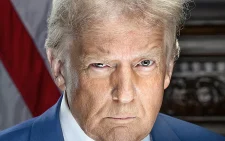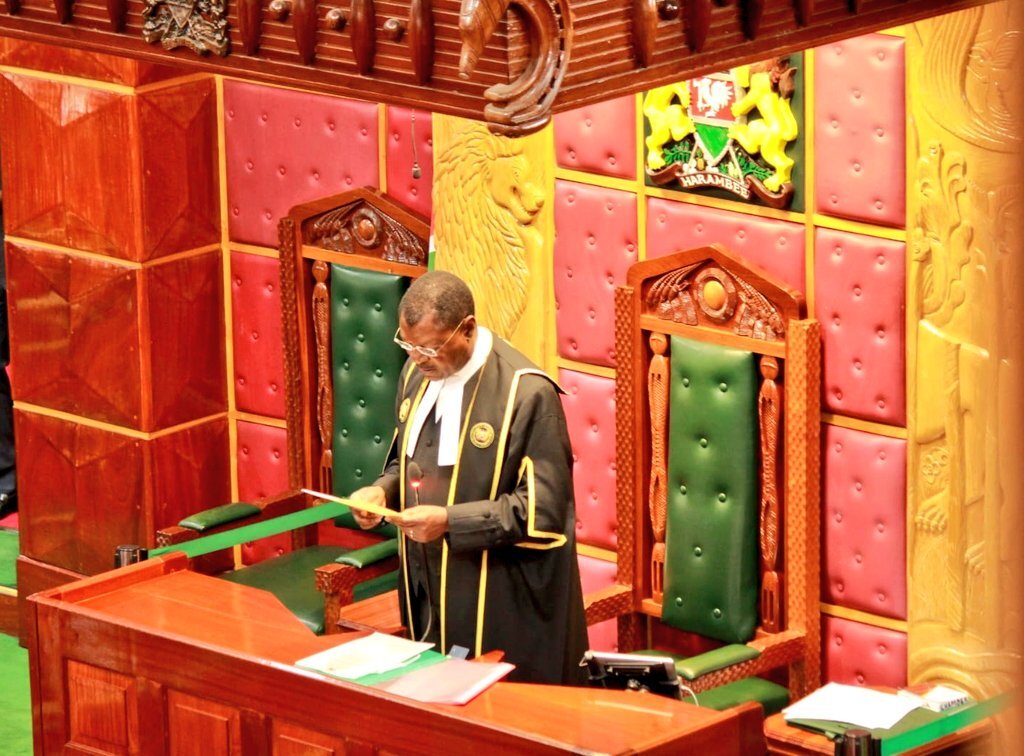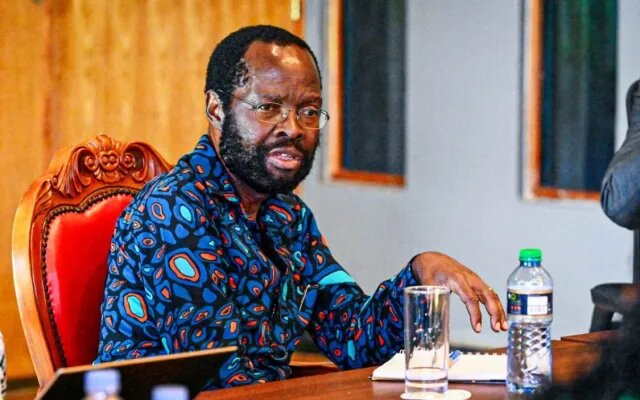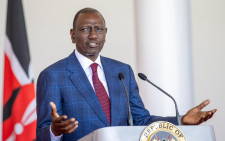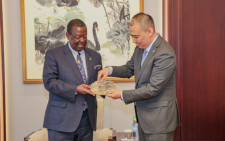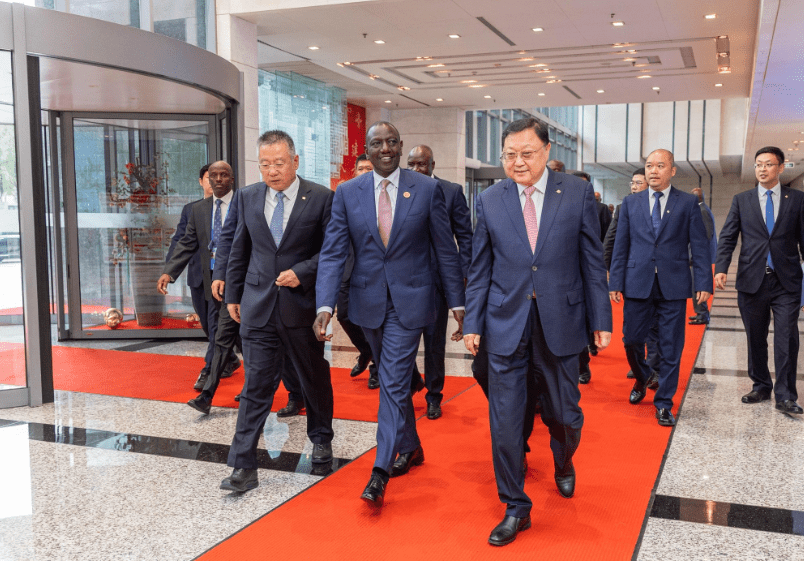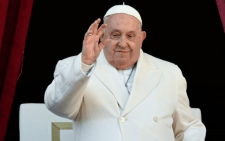Ukraine now knows – no support sans scrutiny

The recent spat between former US President Donald Trump and Ukrainian President Volodymyr Zelensky at the White House has brought into sharp focus the fragile nature of US-Ukraine relations.
Their meeting was tense, with Trump chastising Zelensky over his persistent demands for military aid while failing to present a clear plan for a peaceful resolution to the ongoing war with Russia.
In response, Zelensky stood his ground, arguing that any negotiations with Russia would be tantamount to surrender.
This episode underscores the fundamental difference in their approaches. Trump, known for his transactional style of diplomacy, has insisted that US aid should come with stringent conditions, particularly transparency and a willingness from Kyiv to engage in peace talks.
Zelensky, on the other hand, has increasingly framed Ukraine as a perpetual victim of Western reluctance, demanding continuous financial and military support without offering much in the way of strategic compromise.
This has led some to view his approach as a form of “spoilt brat diplomacy” – an expectation of unlimited aid with minimal accountability.
The US has provided over $113 billion in aid to Ukraine since Russia’s full-scale invasion in February 2022.
This includes military equipment, economic assistance, and humanitarian relief.
During their White House exchange, sources claim that Trump pointed to recent reports of corruption in Ukraine, including a scandal in which senior Ukrainian defence officials were found to have embezzled funds meant for military procurement.
In August 2023, Ukrainian authorities arrested multiple defence officials on allegations of inflating contracts for military equipment.
Moreover, Trump has hinted that Europe should take a greater role in supporting Ukraine financially.
The EU has pledged nearly €50 billion in support, but Trump has argued that the burden on the US remains disproportionately high.
His “America First” policy dictates that foreign aid should not be a blank cheque but rather a carefully monitored investment with clear returns.
Zelensky’s increasingly aggressive lobbying for aid has often bordered on diplomatic missteps.
His public criticisms of Western hesitancy, particularly towards the US and Germany, have alienated potential allies.
When Germany delayed its approval for the supply of Leopard 2 tanks to Ukraine in early 2023, Zelensky accused Berlin of cowardice.
Similarly, when the US Congress stalled a new $61 billion aid package in late 2024, Zelensky suggested that Washington was playing into Vladimir Putin’s hands.
These outbursts have not endeared him to policymakers who are already grappling with aid fatigue.
His behaviour in the recent White House meeting has escalated tensions further.
When Trump reiterated his demand for a clear exit strategy and accountability for US funds, Zelensky responded with frustration, arguing that Ukraine had no choice but to continue fighting indefinitely.
This exchange led to Trump abruptly ending the meeting.
Going forward, Ukraine can expect a much tougher stance on aid.
This could mean an end to unconditional financial and military assistance, replaced instead by a system of performance-based support, similar to how the US handled aid to Afghanistan in the early 2000s.
Trump has also suggested that future aid should be structured as loans rather than grants, ensuring that Ukraine carries financial responsibility for its own security.
Zelensky must recalibrate his diplomatic approach. Western nations have shown solidarity with Ukraine, but unconditional backing is not a certainty.
If his government does not address concerns over corruption and provide a feasible roadmap for either military victory or diplomatic resolution, he risks alienating his most crucial supporters.
The fallout from the White House clash is a reminder that while Ukraine’s struggle is a global concern, it cannot expect limitless support without scrutiny.
The world is shifting towards a more pragmatic stance, and Zelensky must recognise that his nation’s survival depends on both resistance and strategic adaptability.
— The writer is a PhD student in International Relations

